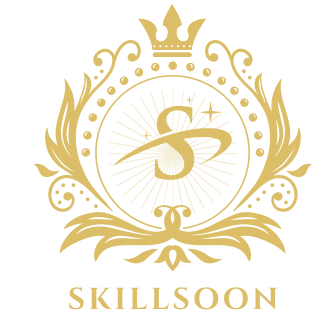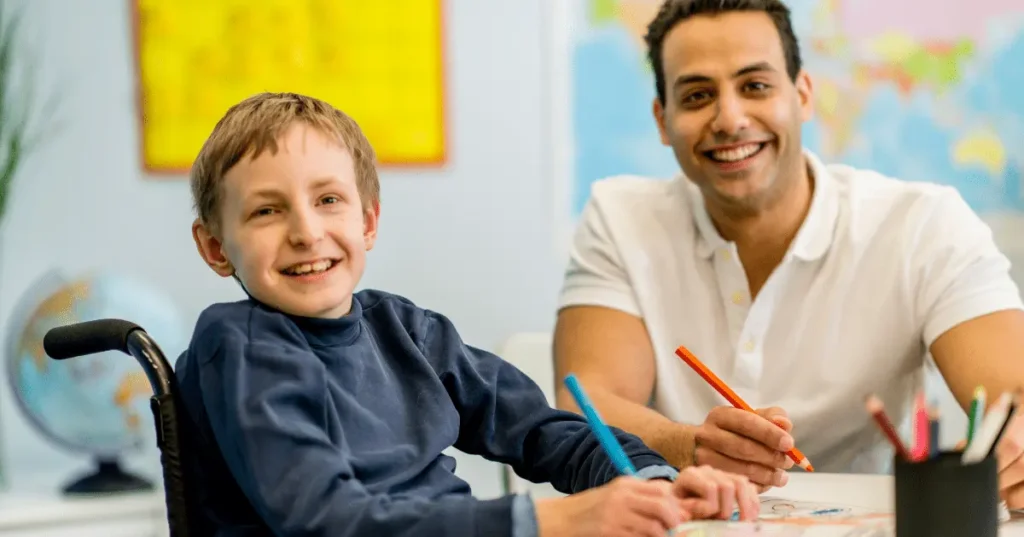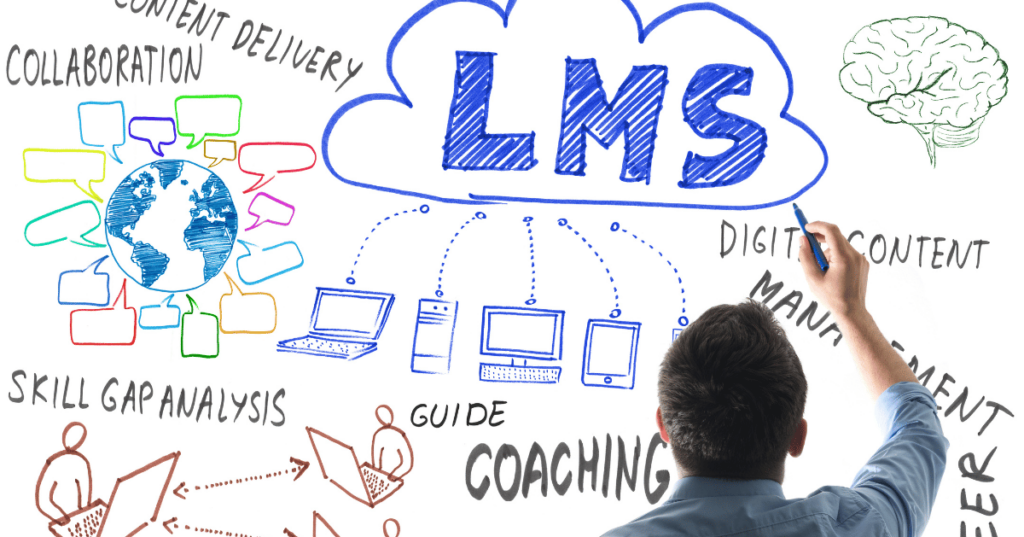Special education teachers play a crucial role in our education system by providing specialized support to students with disabilities. They create personalized learning plans to cater to each student’s unique needs, ensuring that everyone has a chance to succeed. These teachers foster inclusion by creating a welcoming classroom environment where students of all abilities learn together and from each other.
Beyond academics, special education teachers offer emotional guidance and behavioral support, helping students manage challenges and develop essential life skills. They collaborate with other professionals to provide comprehensive care, advocating for students and their families. In this article, we will discover some necessary skills that a special education teacher requires and why it is important to have them.
10 Essential Skills Needed to Be a Special Education Teacher
Being a special education teacher requires a diverse set of skills to support and educate students with unique learning needs effectively. Here are 10 essential skills that are important for a special education teacher:
1. Empathy and Patience
Empathy, the ability to step into a student’s world and understand their experiences, is the cornerstone of meaningful connections. Patience, an unwavering dedication to allowing students the time they need to thrive, transforms challenges into triumphs.
In the special education classroom, empathy manifests as a teacher’s genuine interest in comprehending the struggles, joys, and emotions that shape a student’s day. It’s the attentive ear that listens without judgment and the open heart that offers reassurance and encouragement. Patience emerges as an art form as educators steadfastly guide students through the twists and turns of their educational paths.
You can also checkout more blogs on our site.
2. Practical Communication Skills
Effective communication emerges as a bridge that unites students, parents, educators, and support networks. Special education teachers are adept at translating complex concepts into accessible language, ensuring that every stakeholder is empowered to contribute to a student’s growth.
This skill extends beyond words – the art of active listening, the ability to discern unspoken needs, and the capacity to convey empathy through nonverbal cues. Effective communication is the conduit through which IEP progress is discussed, strategies are shared, and challenges are navigated collaboratively. It transforms a classroom into a community where every voice is heard, and every insight contributes to a collective journey.
3. Differentiated Instruction
Special education classrooms are vibrant microcosms of diverse learning styles, abilities, and disabilities. The tapestry of differentiated instruction is woven here as special education teachers design learning experiences that align with each student’s unique needs.
A thorough assessment of a student’s academic profile, strengths, interests, and objectives is required for this complex procedure. Educators must craft personalized teaching methods, adapt materials, and innovate approaches that facilitate engagement and progress. Differentiated instruction empowers students to learn in ways that resonate with them, fostering a love for learning that transcends challenges.
4. Behavior Management
Behavior management is a multi-faceted skill that encompasses both prevention and intervention strategies. Special education teachers carefully construct environments that promote positive behaviors, utilizing techniques rooted in psychology and child development.
Behavior management is a symphony of observation, analysis, and thoughtful intervention. It’s about identifying triggers and developing proactive strategies that empower students to manage their emotions and responses. It also entails cultivating self-awareness and self-regulation skills, laying the groundwork for not only academic success but also emotional well-being.
5. Collaboration and Teamwork
The special education classroom thrives on collaboration, where special education teachers serve as conductors of a harmonious symphony of specialists. This multidisciplinary approach ensures that every student’s development is comprehensively addressed.
Collaboration extends beyond the classroom walls, encompassing partnerships with parents, therapists, support staff, and administrators. Special education teachers lead discussions that synthesize insights from various disciplines, resulting in holistic strategies and interventions.
6. Flexibility and Adaptability
Flexibility and adaptability emerge as guiding stars. Special education teachers navigate a terrain where no two days are the same, seamlessly adjusting their teaching methods, materials, and strategies to meet evolving needs.
This fluidity extends to embracing unexpected breakthroughs and setbacks, viewing each as an opportunity for growth. Flexibility and adaptability empower educators to tap into their creativity, devising innovative approaches that cater to individual learning preferences. It’s a commitment to remaining agile, ensuring that the educational journey remains engaging, relevant, and responsive to the ever-changing needs of students.
7. Cultural Competence
The cultural mosaic within a special education classroom is rich and diverse. Cultural competence is the lens through which special education teachers understand, respect, and integrate cultural perspectives into their teaching practices.
This skill involves recognizing the cultural influences that shape a student’s worldview, values, and communication styles. Special education teachers foster an inclusive environment where students from all backgrounds feel valued and understood.
8. Sensory Sensitivity
For some students, the world is experienced through heightened sensory perceptions. Special education teachers develop a keen sensitivity to sensory needs, creating environments that cater to diverse sensory experiences.
This involves designing spaces that are both physically and emotionally comfortable. From managing lighting and acoustics to offering sensory breaks, special education teachers champion an inclusive environment where students can engage fully. Sensory sensitivity enhances students’ ability to focus, learn, and communicate, creating a space where every student can thrive.
9. Emotional Support and Counseling
Beyond the academic realm, special education teachers assume the role of emotional guides. They create a haven where students can express their feelings, fears, and triumphs. Emotional support involves active listening, validation, and offering coping strategies that empower students to navigate the emotional complexities of their journey.
This skill often extends to counseling, where educators provide tools to manage stress, anxiety, and emotional challenges. By nurturing emotional well-being, special education teachers contribute to a comprehensive educational experience that nurtures intellectual growth, resilience, and self-awareness.
10. Specialized Teaching Techniques
Specialized teaching techniques are a treasure trove of tools designed to unlock every student’s potential. These techniques are born from a deep understanding of various disabilities, learning styles, and cognitive profiles.
Special education teachers utilize structured teaching, task analysis, visual supports, and assistive technology. Each technique is carefully selected and adapted to match individual needs, fostering engagement, understanding, and progress. These techniques empower educators to tap into students’ strengths, enabling them to thrive and excel uniquely.
Conclusion
being a special education teacher demands a versatile skill set beyond traditional pedagogy. The role requires empathy, patience, and practical communication to foster meaningful connections. Effective differentiation, behavior management, and collaboration are essential for addressing diverse learning needs. Flexibility, cultural competence, and sensory sensitivity create inclusive environments where every student can flourish. Emotional support and counseling guide students through challenges, while specialized teaching techniques unlock their full potential. These ten skills together shape exceptional special education teachers who provide tailored, holistic education, ensuring each student’s success and well-being on their unique journey of learning and growth.




